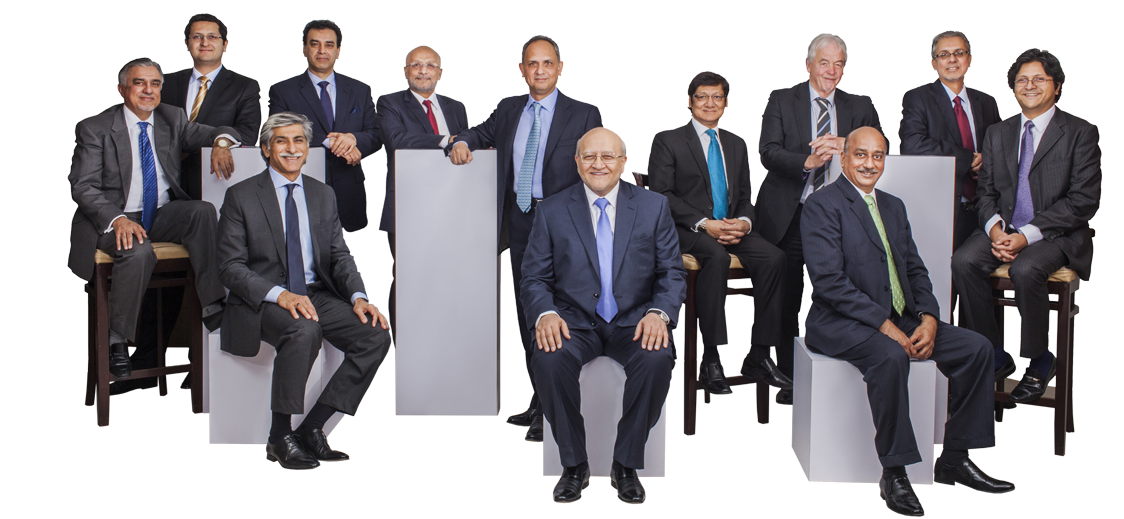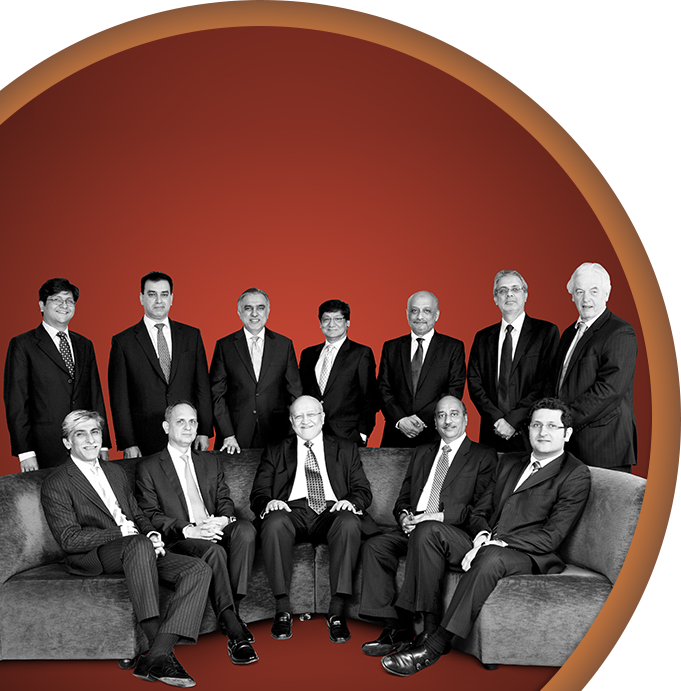Our governance framework is designed to ensure that the company lives up to its core values and principles, institutionalizing Engro’s commitment to enabling excellence in everything we do. Through concrete processes and mechanisms, we fulfill our responsibilities with everyone we interact with whether it be our customers, suppliers, communities or the government.


The Board comprises of one executive director, four independent directors and seven non-executive directors of whom three are executives in other Engro group companies. The Board of Directors reviews all significant matters of the Company which include strategic direction, annual business plans and targets, decision on long term investments amongst other key matters overseeing business execution. The expert viewpoints of independent directors ensure appropriate decision-making and management oversight. As a rule a Board of Directors’ meeting calendar is issued annually. During the year 2014 the Board met 08 times. All Board members are given appropriate documentation in advance of each board meeting.
At Engro we have always remained mindful of the fact that as leaders in our domain, we must continue to innovate and drive focus on the adjacencies which can fuel our next growth momentum so that together we can tap the great opportunities which lie ahead.

Engro has a Board Compensation Committee, Investment Committee and an Audit Committee which acts in an advisory capacity to the board. These committees comprise of independent directors with the exception of Board Compensation Committee which has the President of the Group as a member on invite basis only.
The Board Compensation Committee meets multiple times through the year to review and recommend policies and all elements of compensation relating to the senior executives’ remuneration and of all members of the executive committee.
The Board Investment Committee assists the Board in reviewing the Company’s investment transactions and performances, and in overseeing the Company’s financial and capital resources. The Board Audit Committee meets atleast every quarter and assists the Board in fulfilling its oversight responsibilities, primarily in reviewing and reporting financial and non-financial information to shareholders, systems of internal control and risk management through the audit process. It has the power to call for information from the management and to consult directly with the external auditors or their advisors as considered appropriate.
The Board is ultimately responsible for Engro's system of internal control and for reviewing its effectiveness. However, such a system is designed to manage rather than eliminate the risk of failure

Responsibility: The Board is ultimately responsible for Engro's system of internal control and for reviewing its effectiveness. However, such a system is designed to manage rather than eliminate the risk of failure to achieve business objectives, and can provide only reasonable and not absolute assurance against material misstatement or loss.
The Board, whilst maintaining its overall responsibility for managing risk within the Company, has delegated the detailed design and operation of the system of internal controls to the Chief Executive.
Framework: The company maintains an established control framework comprising clear structures, authority limits, and accountabilities, well understood policies and procedures and budgeting for review processes. All policies and control procedures are documented in manuals. The Board establishes corporate strategy and the Company's business objectives. Divisional management integrates these objectives into divisional business strategies with supporting financial objectives.
Review: The Board meets quarterly to consider Engro's financial performance, financial and operating budgets and forecasts, business growth and development plans, capital expenditure proposals and other key performance indicators. The Board Audit Committee receives reports on the system of internal financial controls from the external and internal auditors and reviews the process for monitoring the effectiveness of internal controls.
There is a companywide policy governing appraisal and approval of investment expenditure and asset disposals. Post completion reviews are performed on all material investment expenditure.